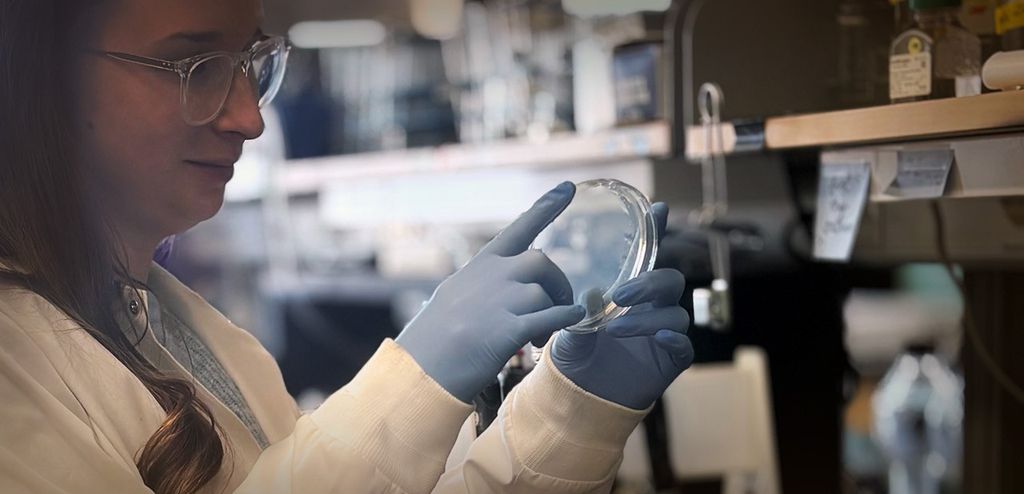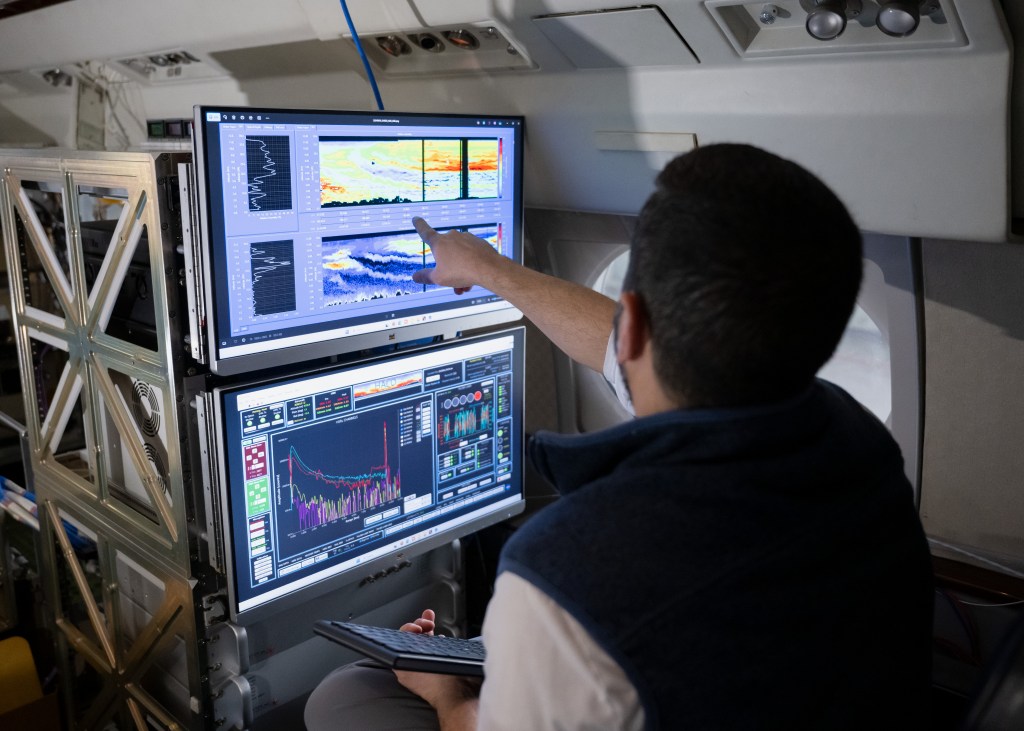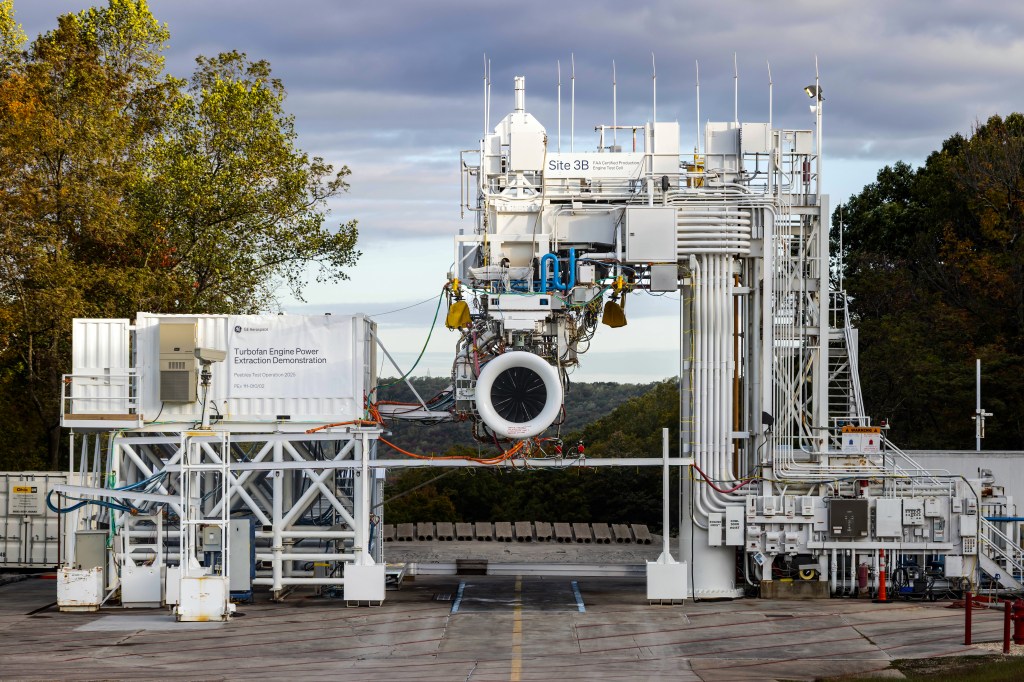Extended Culture of Kidney MPS and Organoids to Model Acute and Chronic Exposure to Drugs and Environmental Toxins
Science Objectives
The Extended Culture of Kidney MPS and Organoids to Model Acute and Chronic Exposure to Drugs and Environmental Toxins investigation will use kidney chips and kidney organoids to better understand kidney injury and recovery from chronic exposure to drugs, toxins, and pathogens. Kidney chips are small credit card-sized devices that contain cells from human kidneys; organoids are tiny collections of cells forming structures that resemble human kidney tissue. The goal is to accelerate the development of better and safer treatments to prevent and potentially identify a cure for kidney diseases.
Experiment Description
The key to kidney disease prevention and finding kidney disease cures requires innovative strategies and models. The Extended Culture of Kidney MPS and Organoids to Model Acute and Chronic Exposure to Drugs and Environmental Toxins investigation approaches the challenge by developing two innovative models: the proximal tubule epithelial microphysiologic system (MPS) and the iPSC-derived kidney organoid. The goal of this investigation is to extend the use of the systems to model longer exposures to stressors and subsequent recovery to up to 6 months. If successful, researchers can then test functional outcomes of the extended longevity platform after 5 months of exposure to drugs/toxins/diseases and following one month of recovery. Development of increased longevity kidney MPS and organoids will allow better understanding of chronic kidney disease and kidney toxicity/injury to accelerate drug development and provide guidance on strategies to prevent or mitigate nephrotoxicity caused by drugs, environmental chemicals, pathogens, and microgravity.
Space Applications
Kidney health is critical for proper bone density, maintaining body fluid balance, and removing drugs and toxins from the body. Astronauts are at increased risk of kidney problems due to microgravity and unique environmental exposures. This investigation will develop extended longevity cell models that can be used to evaluate the effects of extended space travel on kidney health.
Earth Applications
Successful completion of this project will establish kidney MPS and organoid systems as useful models to better understand the role of chronic stressor exposure on kidney disease initiation progression, and recovery, and will accelerate the discovery and development of new therapeutic agents to treat and prevent kidney diseases.
Team
Principal Investigators
Catherine K. Yeung, PhD
University of Washington, Seattle, Washington, United States
Edward J. Kelly, PhD
University of Washington, Seattle, Washington, United States
Benjamin S. Freedman, PhD
University of Washington, Seattle, Washington, United States
Co-Investigators
Kenneth E. Thummel, PhD
University of Washington, Seattle, Washington, United States
Jonathan Himmelfarb, MD
University of Washington, Seattle, Washington, United States





























